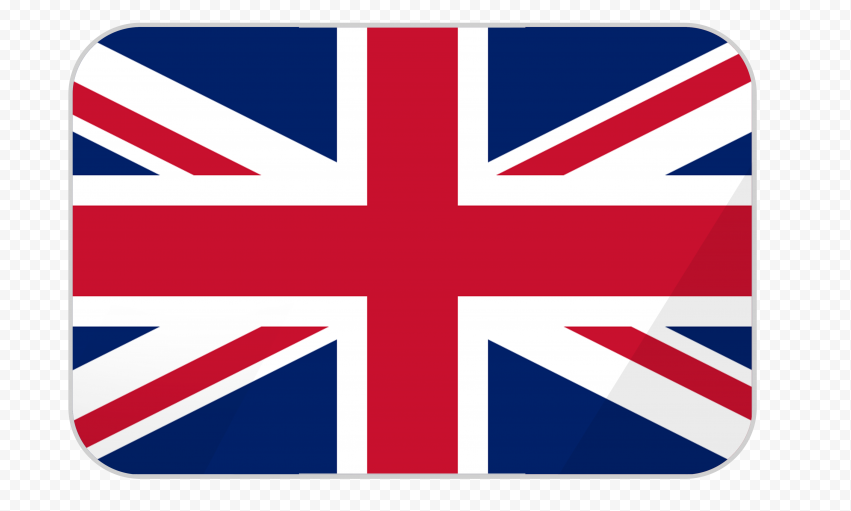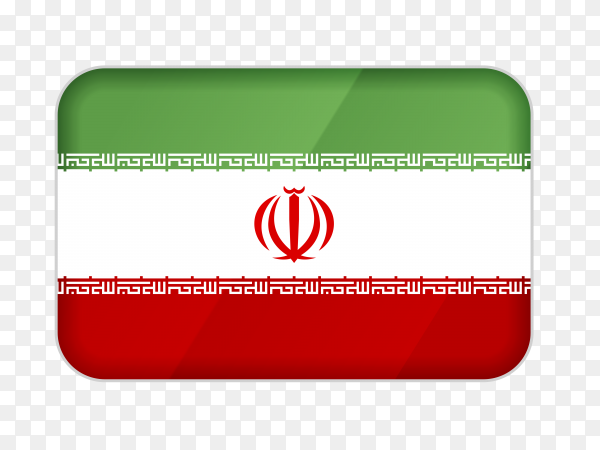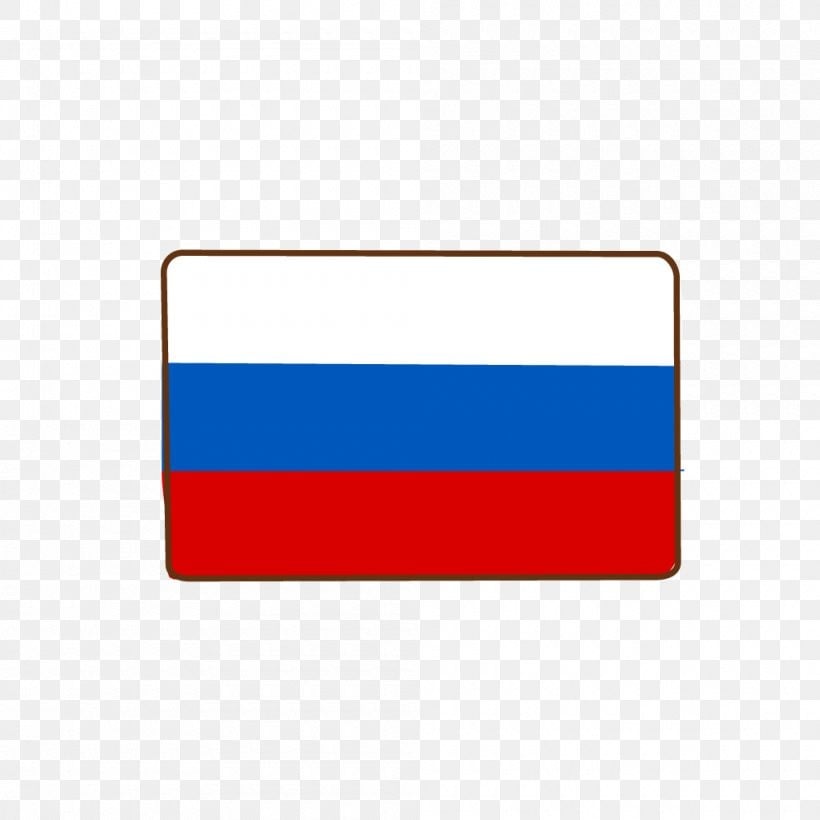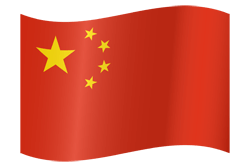Rules
Accuracy of Information: Product information must be accurate and reliable so that customers have access to trustworthy data.
Thoroughness: Information should be complete and comprehensive, including features, technical specifications, and any relevant usage information.
Simple Language: Using clear and understandable language in product descriptions helps customers easily grasp the content.
Mandatory Information:Essential information such as price, warranty conditions, and usage guidelines must be clearly and up-to-date accessible to customers.
Rules Regarding Unauthorized Use of Third-Party Information
Privacy:Using third-party information without their explicit consent, especially in business, is against privacy principles and related laws.
Security Assurance: Businesses are obligated to ensure the confidentiality and security of customers' personal information and to refrain from any illegal or unethical use.
Specific Rules for International Trade
Commitment to International Trade Laws: Businesses must comply with the obligations of international trade laws related to the exchange of goods and services.
Fair Conduct: Fair and ethical behavior is of high importance in international business relations.
Compliance with International Agreements: Businesses must adhere to and accurately implement international agreements, commitments, and contracts.
Dispute Resolution: Specific and legal methods for resolving disputes in international trade must be followed to prevent violations of laws.
Intellectual Property Laws in International Trade
Intellectual Property Rights: International trade laws affirm and protect intellectual property rights so that individuals and companies can benefit from their innovations and inventions.
Commitment to International Agreements: Countries and businesses must adhere to international agreements related to intellectual property rights and avoid any violations.
Protection and Dispute Resolution: These laws fundamentally focus on protecting intellectual property rights related to international trade and establishing dispute resolution methods in this area.
Prohibition and Limitation Laws in Trade Markets
Collusion Prohibition: Trade market laws prohibit collusive actions and anti-competitive practices, preventing any conspiracies.
Fair Restrictions: Market laws impose restrictions to maintain fairness and prevent the abuse of economic power in trade.
General Market Trade Laws
Fair Competition:Trade market laws are committed to maintaining and promoting fair competition among companies and businesses.
Consumer Rights:Ensuring consumer rights and protection, including accurate information and guaranteed rights in purchases and sales, is another principle.
Regulations on the Use of Child Models in Trade Markets
Protection of Children's Rights: Trade market laws in 2023 mandate the protection of children's rights in advertisements and the use of child model images.
Parental Consent: Under these laws, the use of child model images requires parental consent or legal oversight.
Prohibition of Misleading Advertising: The 2023 laws emphasize the prohibition of using child model images in deceptive and misleading advertisements.
Laws Regarding Certain Safety Products
Prohibition of Sale:The sale of items such as helmets, bulletproof gear, body armor, and other protective equipment that may be used for military purposes and in scenarios like military conflicts is completely prohibited.
- Mallmir is only responsible for introducing suppliers.
- If you wish to contact the supplier directly without consulting or utilizing Mallmir's services, Mallmir will not bear any responsibility for your transactions.
- Please do not make any financial transfers until you are fully assured of the seller.
If necessary, you can use our services, and Mallmir will only be responsible within the scope of the duties defined in the official contract with you.
 +7929688-88-14
+7929688-88-14

 English
English
 Persian
Persian
 Russian
Russian
 Chinese
Chinese


 +7929688-88-14
+7929688-88-14
